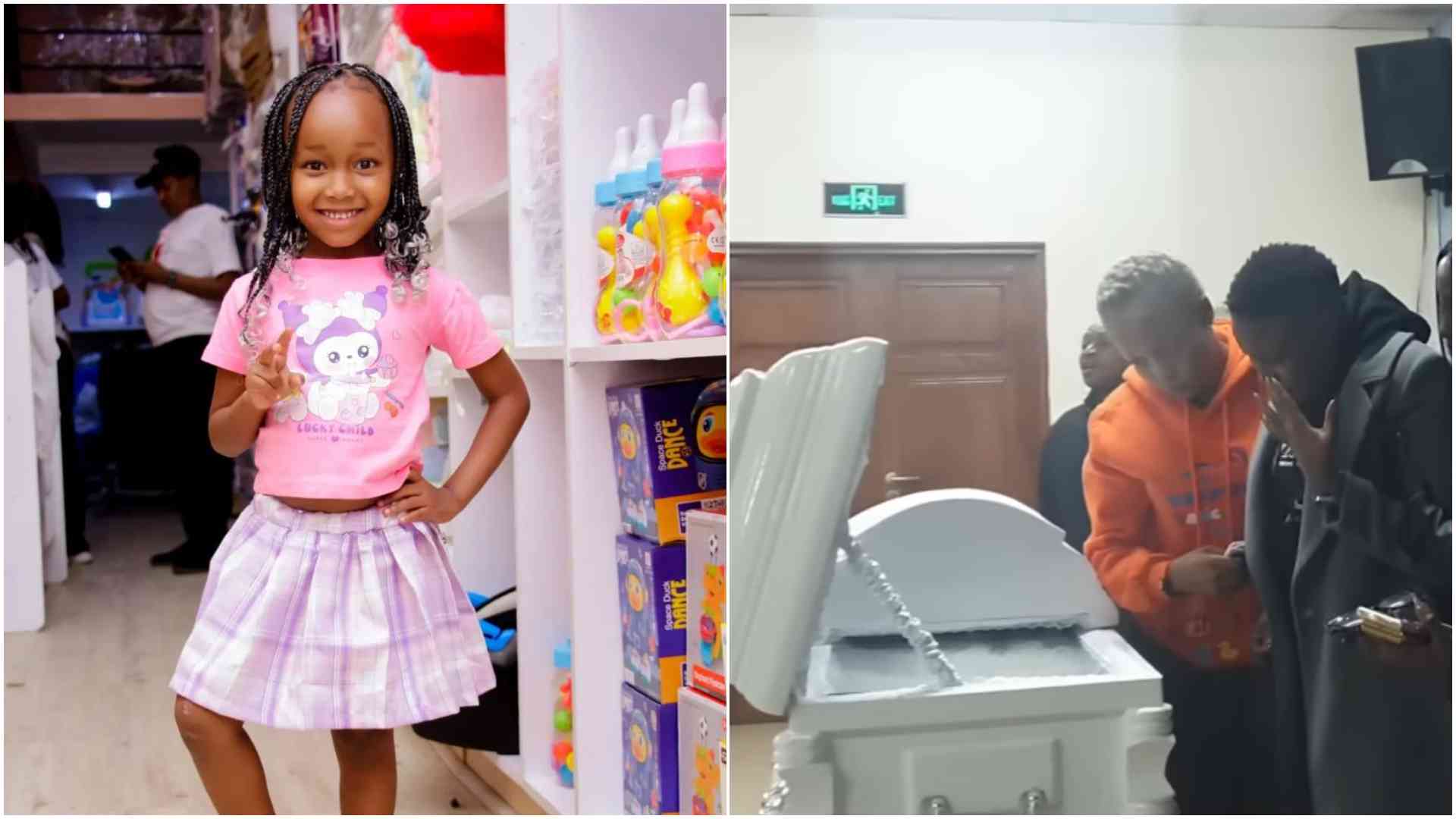- "She was curious," said a neighbor, "the sort of child who would probably grow up to stand out."
In a back corner of Roysambu on June 12, 2025, the spark of a little girl by the name Amanda Mutheu was blown out in a way no child ever should have to endure. Five year old, Wide-eyed, shining, and by all accounts, wise beyond her years. What happened to Amanda was not just a tragedy. It was a reckoning.
Witnesses recall the silence, broken not by screams but by sirens and the stifled thud of shock. In a moment too unbelievable to commit to paper, Amanda reportedly was thrown off a fourth-floor balcony by her uncle, a man responsible for protecting her after an evening of drinking and rage.
When she was rushed to Kenyatta University Hospital, those holding on to hope say she still appeared serene, like a child in the middle of a dream. The doctors pronounced her dead shortly after. Kenya was again mourning a child whose name we should never have come to know in such a manner.
Amanda's mother, during the funeral in Kitui County on June 21, captured her daughter as "a sunbeam with feet." She loved drawing. Yellow was her favorite color. She had only recently learned to sign her name by herself.
"Her arms were outstretched when I arrived home from work, rushing to me as if all day she had waited for just that one hug," her mom wept. "And now… I must carry her in memory."
Read More
Friends and neighbors recall Amanda zipping between playmates in the estate courtyard, laughter bouncing off walls, energy too big for her tiny frame. She'd ask adults impossible questions about the sky, about God, about bananas being cultivated.
"She was curious," said a neighbor, "the sort of child who would probably grow up to stand out."
Amanda's killing forces one to confront the acts of more than one man. What happened in Roysambu is not a singular evil, it's a symptom. Kenya's growing prevalence of domestic and gender violence, a porous mental health framework, and the silence that too often envelops abuse in the home all culminated in a single act.
Why was Amanda left in the care of a convicted violent one, as now alleged? Why do we still lack child welfare systems that act early and forcefully? And why, even now, remain so many children like Amanda invisible until too late?
Amanda was buried on a Saturday morning, the sun of Kitui shining brightly in its ruthlessness over the mood of bereavement. Her family were not able to afford the burial themselves, strangers and sympathizers donated to help defray the costs. It was a gesture of bereavement, but also of shame: that Amanda, dead, had more people behind her than she likely ever did alive.
On her grave, there was a simple wooden cross with her name written on it. One of the mourners had tied a yellow ribbon to it. "For joy," she breathed. We can't undo what happened that Thursday night. But we can decide what kind of country we want to be in Amanda's memory.
We can demand accountability; not only of the suspected man, but of the broken systems that allowed the fact to as well. We can demand her name to be spoken not only in grief, but in justice-inspired conversation. And we can honor the ones who sit quietly raising kids with love and struggle, so they never have to bury their brightest.
Amanda ought to have grown old. To have second-guessed a hundred times about what she wanted to be. To run, to dance, to love, to live.
If there is to be any justice left within us, it will not only be from a judge's gavel, but from the tales we choose to tell and the silences we choose to break.




-1772102940-md.jpg)


-1772090413-1772095461-md.jpg)


-1772102940-sm.jpg)

